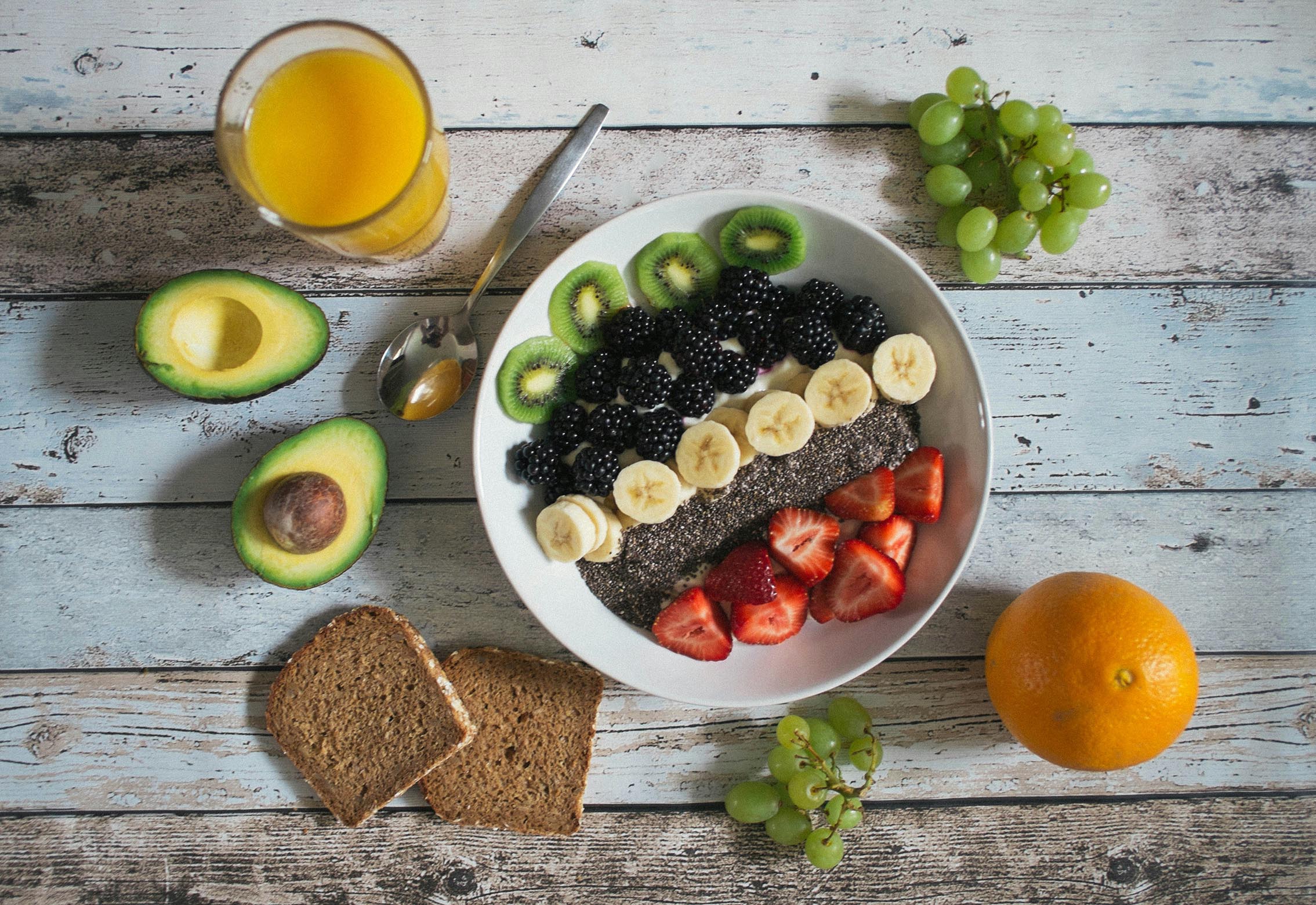10.02.2025
The role of fibers in diet

Fibers are a key part of every healthy diet. Fibers are nutrients that are complex and healthy carbohydrates, they are found in plant-based food, like fruits and vegetables, and not in animal products like meat or dairy.
The human body has a hard time decomposing and absorbing fiber, this makes fiber different from other nutrients like fats, proteins, sugars, or starches. The body easily absorbs these nutrients while fibers partially intact pass through the digestive system and exit the body.
There are two types of fiber:
Soluble fiber is fiber which cannot be dissolved in water. They help slow down digestion, lower cholesterol levels, as well as lower blood sugar levels. These fibers can be found in oats, peas, beans, apples, bananas, avocados, citrus fruits, carrots…
Insoluble fiber is fiber that is not dissolvable in water, its main function is to support the movement of matter through the digestive tract and add bulk to the stool. Because of this, it can be of much use to people who are prone to constipation. Good sources of insoluble fiber include whole-grain flower, nuts, beans, cauliflower, peas, potatoes…
Most food that is rich in fiber contains both soluble and insoluble fiber, the amount of these different fibers depends on the plant itself.
Fiber is a key part of a healthy diet and contributes to the body’s health in many ways:
- It supports gut health and lowers the chances of constipation. Fiber increases stool mass and softens it, this helps with both constipation and diarrhea because fiber absorbs water. A diet rich in fiber is also connected to lower risks of colon cancer, hemorrhoids, and diverticulitis.
- It helps with the lowering of blood sugar levels; fibers can slow down the absorption of sugar and thus help regulate blood sugar levels. This is especially true for insoluble fiber and helps with lowering the risk of type 2 diabetes.
- Increased fiber intake also promotes longer life and reduces the risk of several conditions including heart disease.
- Fiber helps with maintaining healthy body weight, food rich in fiber is usually more filling than others. This food also often has lower calorie content and requires more time to eat, meaning a lower calorie intake for a greater feeling of fullness.
Some fiber-rich foods are:
Whole wheat, bran, peas, lentils, peanut butter (and other nut butter), vegetable soups, apples, berries, broccoli, brussels sprouts, cabbage, corn, dried fruit, spinach, lettuce, kale, potatoes, sweet potatoes, granola, nuts, popcorn, seeds…
*This text is intended for informational purposes only. If you experience any symptoms, it is recommended that you seek advice from your doctor or a qualified healthcare professional.*
*Image taken from the site: https://unsplash.com/photos/fruit-lot-on-ceramic-plate-8manzosDSGM
How to add more fiber to your diet. (n.d.). Mayo Clinic. https://www.mayoclinic.org/healthy-lifestyle/nutrition-and-healthy-eating/in-depth/fiber/art-20043983
High-Fiber foods. (2024, October 15). Cancer.gov. https://www.cancer.gov/about-cancer/treatment/side-effects/nutrition/high-fiber-foods
Health benefits of dietary fibers vary. (2022, June 21). National Institutes of Health (NIH). https://www.nih.gov/news-events/nih-research-matters/health-benefits-dietary-fibers-vary
Your trusted partner in finding medical information. We offer access to reliable resources and make it simple for you to get in touch with qualified medical service providers. Our goal is to assist you in achieving optimal health through dependable information and ongoing support, whether it's advice, a physical examination, or expert consultation.